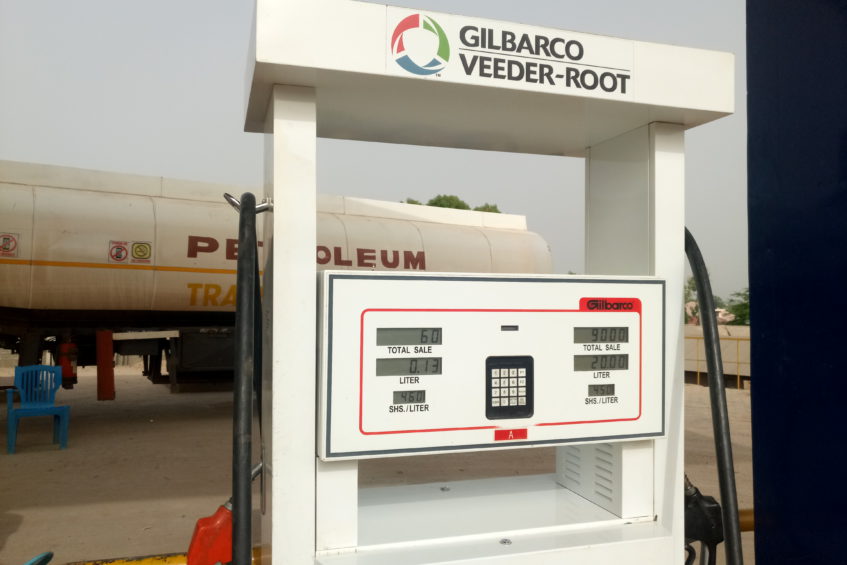
By Bida Elly David
Juba, the capital of South Sudan is experiencing inconsistent and rampant inflation as fuel prices hiked from 430 South Sudanese Pounds (SSP) to 750 SSP per litre as of yesterday, while the US Dollar ($)100 rate valued to 47,000 South Sudanese Pounds (SSP) respectively.
This came following continuous economic recessions due to a number of impediments that traders claimed to have affected their enterprises beyond their capacities in the town.
Last month, a senior economic analyst suggested restoration of South Sudan’s economy back through educating citizens about taxes and boosting domestic production but despite educating the country, things seemed to be as hanging as it started earlier.
Speaking to No. 1 Citizen Daily Newspaper yesterday, the head of Central Equatoria State Chamber of Commerce, Mr. Robert Pitia said that inflation has been threatening the whole Central Equatoria State after the border started evolving trading impediments over tariffs on domestic and foreign merchants.
Pitia stated that the current increase of the US Dollar rate, the war between Russia and Ukraine, random imposition of tariffs on businesses by tax authorities without clear polices are factors that have resulted into the continuous market inelasticity.
Furthermore, Pitia predicted further increase of the country’s economic recession if remedies to the stimulating factors to the current inflation are not put into refinement.
“The dollar rate has surpassed to 47,000 SSP and it might increase. The other issue is the fuel price that has also skyrocketed to 750 SSP per Litre this week compared to days back. Earlier, a Litre of fuel used to be at 430 SSP but things have badly changed. Three months back, companies selling products in Uganda and Kenya increased their prices because of the materials they get from outside to produce their products. Coming to our taxation policy, we don’t have clear taxation policies to determine the status of the market because at the end of the day, one needs to know the daily business income through the capital. The taxation policy has not clearly stated its policies beginning from the national government up to the state,” Pitia said.
“When we come to issues regarding the fuel prices, it is an international trading where its price is determined by OPEC. Therefore, any effect on countries supplying the fuel to other countries would also contribute to the rise. Some of the fuel going to the international market is being supplied by countries like Russia and if there is any problem, it will affect us all,” he said.
However, he suggested that government should revise their policies in regards to excise duties and customs as well as put many restrictions on authorities involved in random closure of shops for merchants amid failure to clear government tariffs.
“For us to overcome economic recession, tax policies should be revised by the national and state authorities to specify who and when tariffs are to be gathered and how much,” he added.
He finally urged traders to sympathize with consumers and reduce prices of essential food items as the authorities work harder towards putting things right.

3 Comments